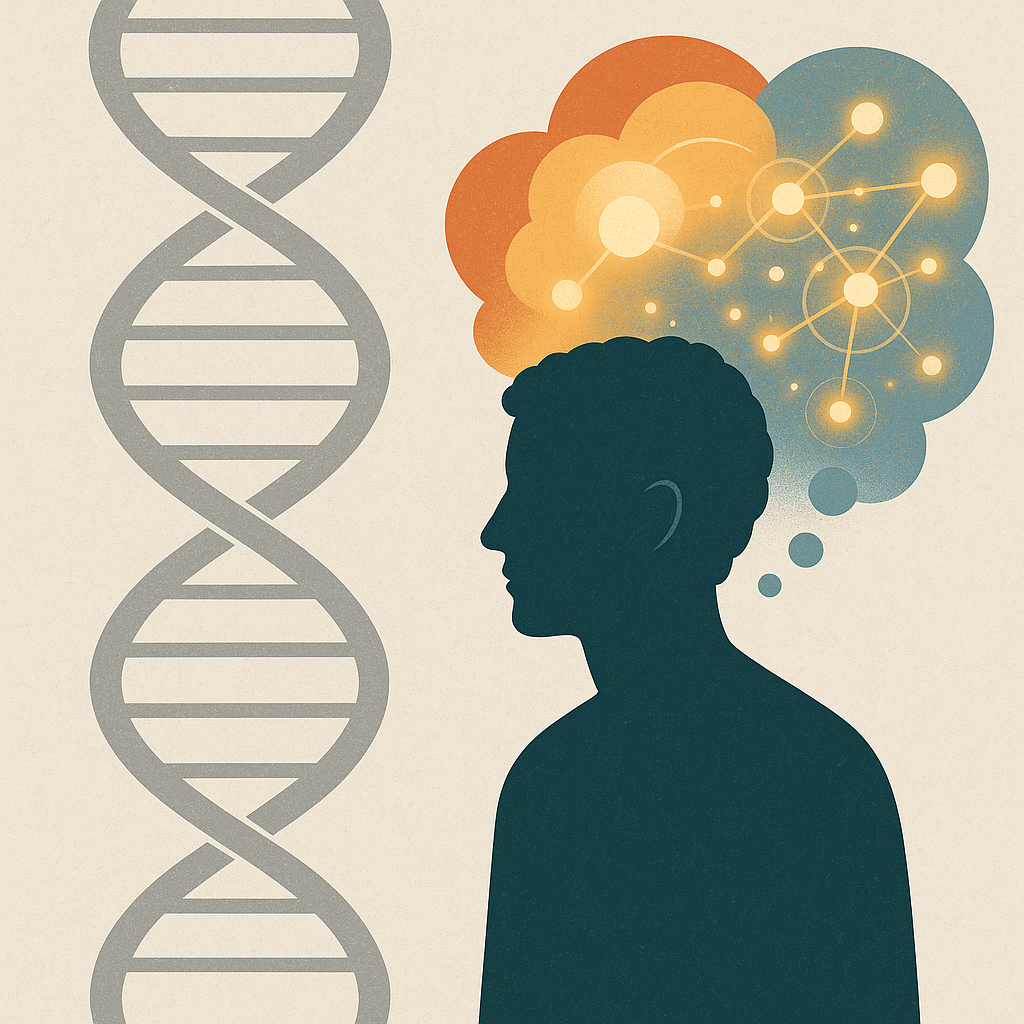🧬Stronger Than DNA: How Expectation Rewrites the Body
What if belief is stronger than biology? This piece explores how mindset, expectation, and meaning can influence not just how we feel pain — but how our body responds to it.
Belief isn’t just mental — it’s physiological.
We talk about biology like it’s fixed.
“You have arthritis.”
“It runs in your family.”
“This is just how it is.”
But what if that story is incomplete?
Research shows that expectation can override biology — that pain, hormones, even body composition can change not just from what we do… but from what we believe.
People who believed a sugar pill would relieve pain — produced real pain relief.
People who believed they were exercising — saw measurable health benefits.
People treated as if they would succeed — often did.
Your body doesn’t just respond. It interprets.
And pain? It listens to story.
If the story is “you’re broken,” your biology will act accordingly.
But if the story shifts — toward safety, possibility, and trust — the nervous system starts to change too.
Expectation is part of the treatment.
Belief is part of the biology.
And sometimes, that’s stronger than DNA.
🔁 The Scapegoating of Pain: How Medicine, Meaning, and Identity Collide
When pain defies simple explanations, we often search for someone—or something—to blame. In medicine, that blame often lands on the patient’s own body. This piece explores how modern healthcare unconsciously echoes ancient scapegoating rituals, turning ambiguous pain into mechanical diagnoses and shrinking identities around fear. But there’s another way: one that restores meaning, agency, and the full complexity of what it means to hurt—and to heal.
When pain shows up without a clear cause, we panic — and medicine often reaches for easy scapegoats. “Bone on bone.” “Degeneration.” “Instability.” These labels offer comfort through certainty, but they can quietly erode a person’s confidence, identity, and sense of agency. We trade complexity for simplicity, and in doing so, the body becomes the villain.
But what if pain isn’t a crime scene… and the body isn’t the criminal?
This post explores how the search for answers in pain care mirrors ancient scapegoating rituals, where uncertainty is offloaded onto something we can name — even if it’s wrong. It challenges the biomechanical myths still dominant in medicine and offers a new path: one that honors complexity, restores trust, and rewrites the story from “I am broken” to “I am adapting.”

